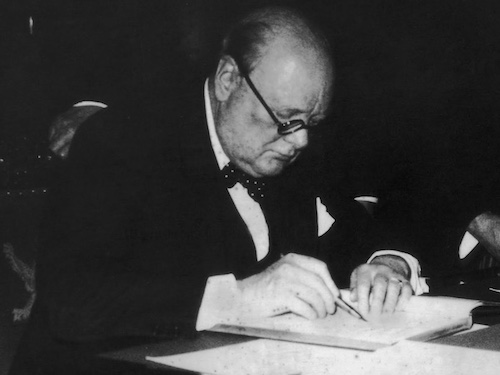
We exist in an age of limitless optionality. There are few universal social mores to check our behavior, few cultural expectations to direct our courses. No particle of personal identity can be taken for granted. No molecule of meaning may be presumed upon. Within the expansive restrictions of law, you can pretty much dress, say, live, and do whatever you’d like.
On paper, this landscape of unbounded freedom seems like an unmitigated boon. On the ground, it’s experienced as existentially exhausting and practically paralyzing.
Where too many choices abound, none are made. The human will, no matter how strong, doesn’t have the capacity to both engineer and superintend all of life’s details. It needs positions of command and of psychic rest. Try to be sovereign over everything, and one’s kingdom turns to dust.
In some area, in some way, you must submit. To a system. To a code. To a faith.
Submission may smack of dependency, weakness, surrender. But it’s in yielding to authority that we gain authority. It’s in using our autonomy to cede some of our autonomy, that we actually become more of who we are.
When you submit to a set fitness program, you push yourself harder in your workouts than when you randomly wander the gym trying to figure out what to do next. When you submit to the tradition of a craft, you work more creatively within it. When you submit to a set of sacred commandments, you gain a path — with a narrowness that saves you from pitfalls, and a compelling raison d’etre for taking it.
When you focus on turning a sound, tested wheel, rather than trying to reinvent it, you can use it to move more boldly, invest more fully, progress more efficiently.
For in delegating the responsibility to decide, you liberate your power to act.







